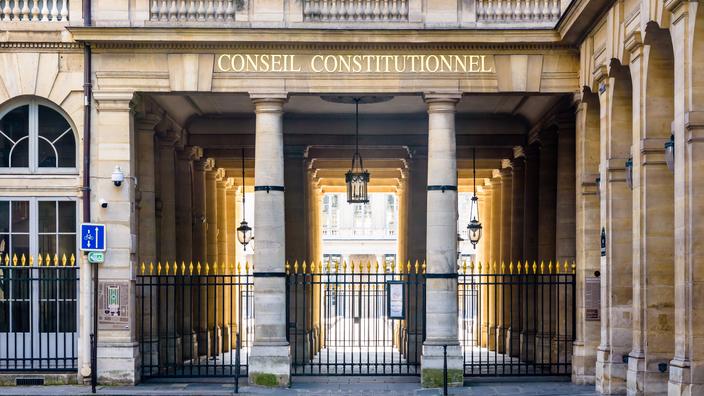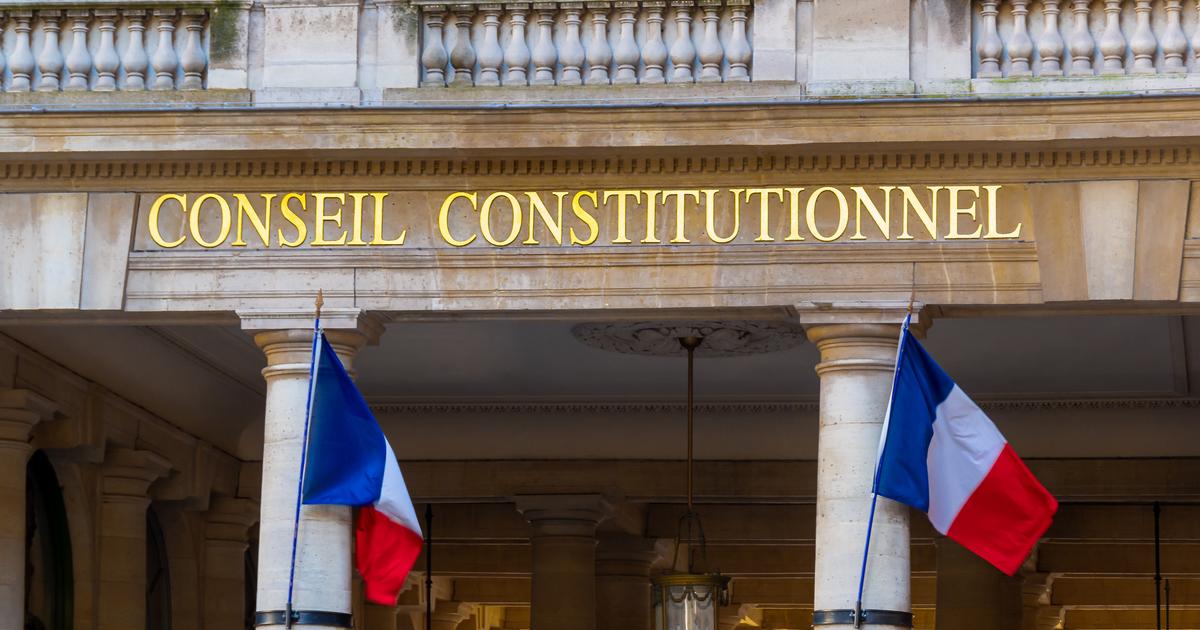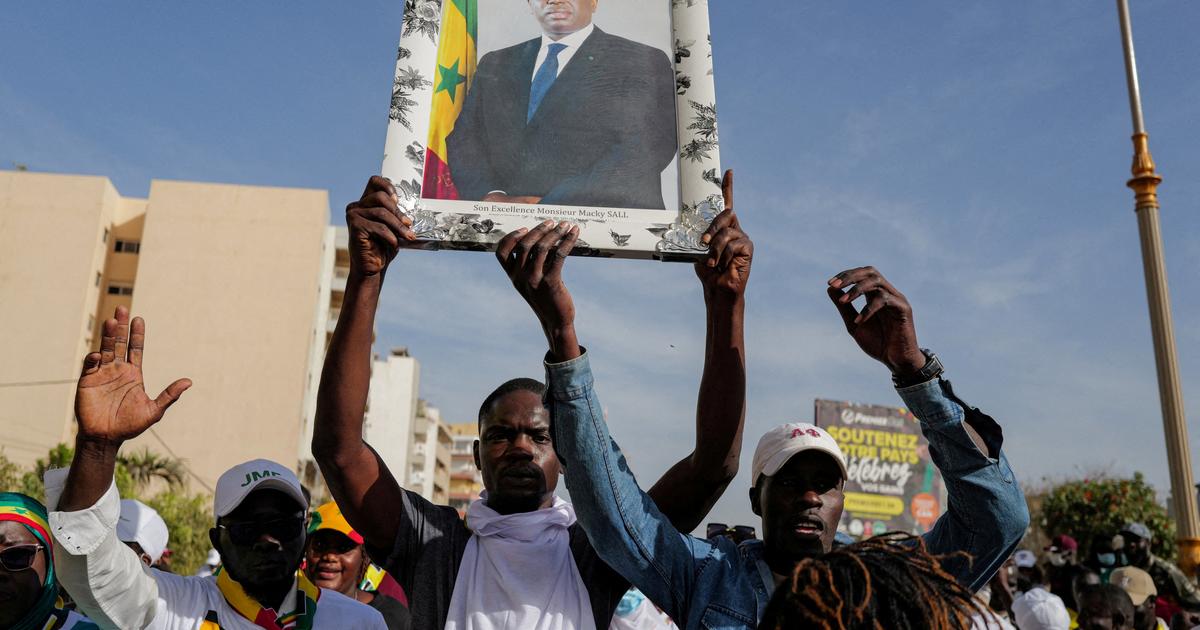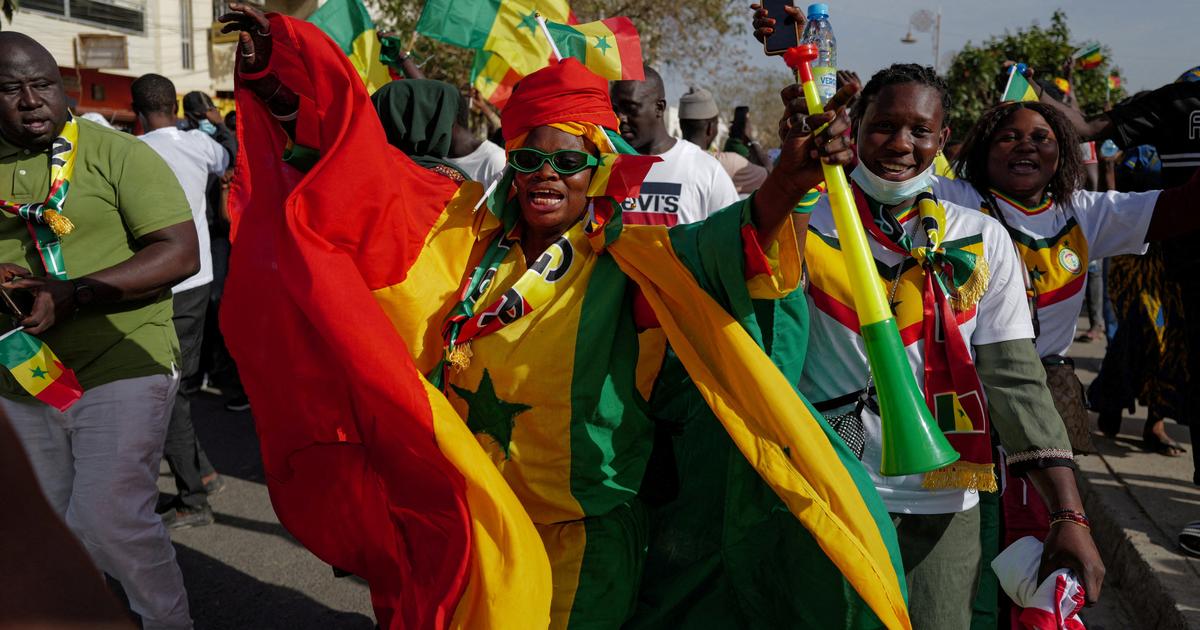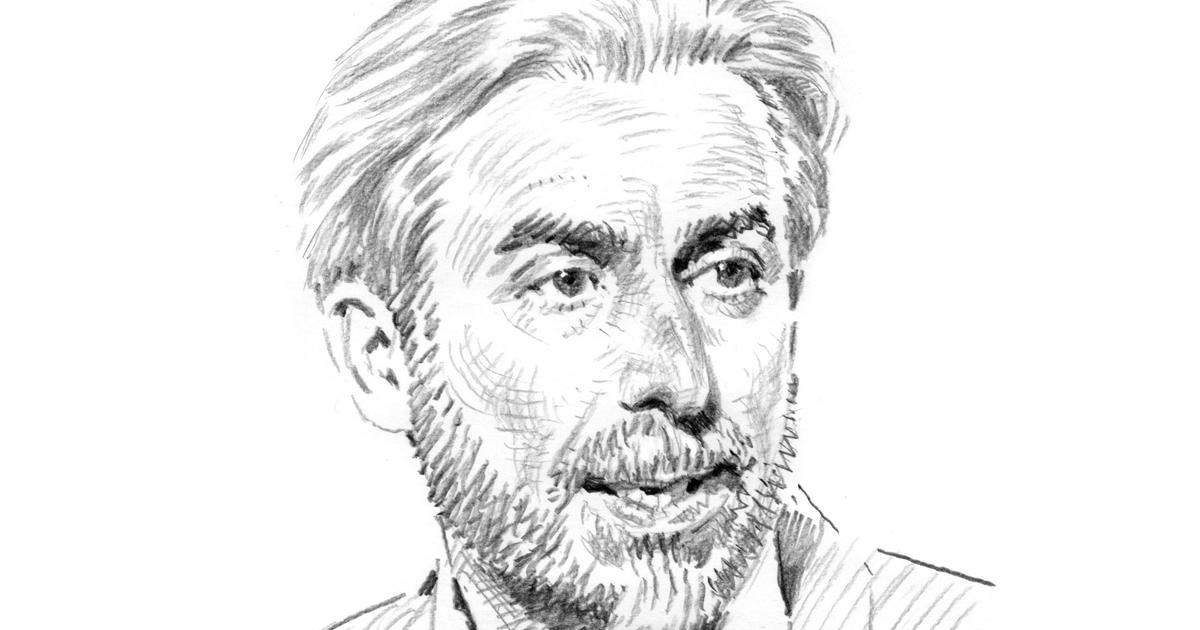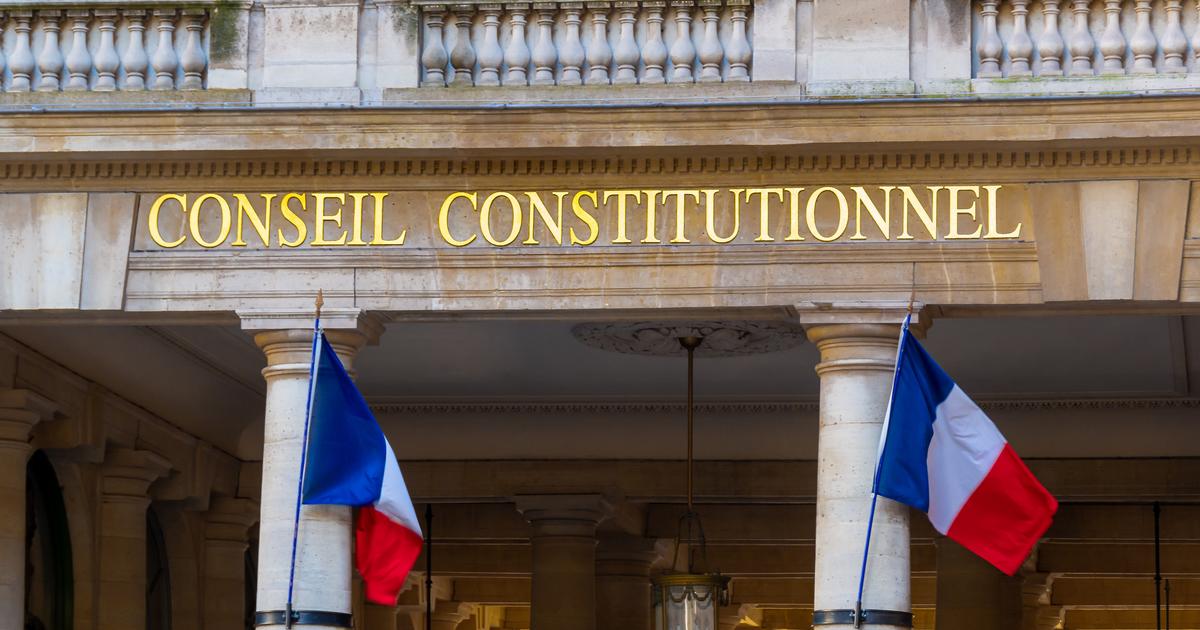Thibault Mercier is a lawyer at the Paris bar, essayist and president of the Cercle Droit & Liberté.
To discover
Michel Houellebecq: "A civilization which legalizes euthanasia loses all rights to respect"
Rarely has a decision of the Constitutional Council been so expected, each of us having been able to sense that the massive extension of the health pass to daily activities, involving the creation of thousands of new internal borders, was not trivial both from a legal point of view. and democratic than philosophical. None, on the other hand, had any illusions about the fact that the Wise Men would come and validate the bill almost without flinching, first of all because they had validated the very principle of this tool in a decision of May 31st [ 1] [2]. But also because their jurisprudence since the beginning of this crisis has made it possible to validate the most disproportionate restrictive measures which, according to a now well-established antiphon, "
in thestate of scientific knowledge
"Allow to pursue"
the objective of constitutional value of health protection
.
"
Apart from some censorship on the margins (compulsory isolation or termination of fixed-term employment contracts) which would almost be anecdotal (but which allow the Council to justify its role as a safeguard), this decision This further contributes to the continued extension of the concept of public health order, implying that the protection of public health becomes an obligation to be fulfilled by the State at all costs.
The study of law implies
"to understand the moral, economic and social issues which give meaning to legal technique"
(Alain Supiot).
Thibault Mercier
Some will argue that the Council has remained in its role by judging "in law", however let us note that this jurisdiction has never hesitated to take political decisions against the will of the Government [3]. In any case, we regret that the Wise Men preferred to risk falling from Charybdis to Scylla by validating such a tool of social control without evaluating or the short-term benefits (England seems to be coming out of the Indian variant crisis without use of the health pass) nor the medium and long-term consequences (will we soon fight against any infection or social and fiscal deficiency in the same way?).
We will also regret the docility with which certain “citizens who are very devout of the established order” as Philippe Muray wrote, have already accepted this blackmail to re-containment to put into perspective the daily presentation of a QR code allowing access to the most mundane activities. from everyday life on the pretext in particular that this measure will be temporary (just like the vehicle sticker of 1957 or the income tax of 1914?).
At the risk of seeing us reproach for going out of our field of competence, it is nevertheless a question of going beyond the purely legal analysis of this decision (which will not fail to be abundant in the coming days). We nevertheless usefully recall that the study of law implies "
understanding the moral, economic and social issues which give meaning to legal technique
" (Alain Supiot).
The latter wrote, moreover, that our contemporary period has observed the disappearance of God from the institutional scene and that this
"disenchantment with the world"
has, paradoxically, led to the enchantment of Science (which has taken the place of Religion). as the only body capable of bringing a universal truth) than of the State (
Homo juridicus
, 2005).
We are witnessing a reversal of the classic idea of medicine which originally aimed to heal and take care of the patient since from now on any man apparently in good health would ultimately be, as Jules Romain told his Doctor Knock
"A patient who ignores himself"
.
Thibault Mercier
In the light of the pandemic, and of the political response to it, this declaration should lead us to a more global reflection on the hold of medicine and the State on our lives. The preamble to the WHO constitution has often been cited in recent months, which states that health is "
a state of complete physical, mental and social well-being which does not consist solely of the absence of disease or infirmity
." As Olivier Rey writes (
Leurre et malheur du transhumanisme, 2018
), with such a definition, who can be said to be in good health? And to denounce this "
all-out pharmacization of existence which, in the name of health, will induce a permanent concern, perfectly contradictory with true health, which is a state where, precisely, this is not a concern.
"
We are finally witnessing a reversal of the classic idea of medicine which originally aimed to cure and take care of the patient since from now on any man in good health would be finally, as Jules Romain told his Doctor. Knock
"a sick person who ignores himself"
. It suffices to listen to certain doctors in the media warning us against “hidden comorbidities” or even “long Covid” which would also justify measures restricting freedoms applied preventively to the entire population. The modern individual thus finds himself in a state of complete dependence with regard to both his doctors and the State, which are obliged to provide him with recommendations and treatments.
Unable for the moment to resist this tidal wave, our rule of law may not recover.
[1] Decision n ° 2021-819 DC of May 31, 2021
[2] in which they went so far as to validate the vagueness of the term "large gatherings" in flagrant contradiction (but assumed) with the objectives of constitutional value of accessibility and intelligibility of the law which imposes to protect subjects of law against an interpretation contrary to the Constitution or against the risk of arbitrariness, without transferring to administrative or jurisdictional authorities the task of setting rules whose determination has been entrusted by the Constitution only to the law.
[3] Whether one thinks of his 1971 “coup d'état” (Decision n ° 71-44 DC of July 16, 1971) or more recently of his decision relating to the principle of fraternity (Decision n ° 2018-717 / 718 QPC of July 6, 2018)

